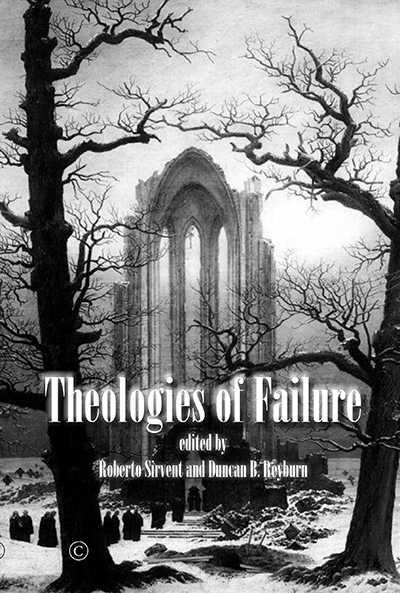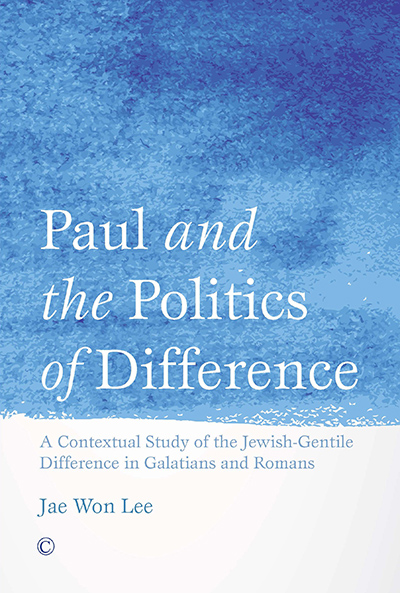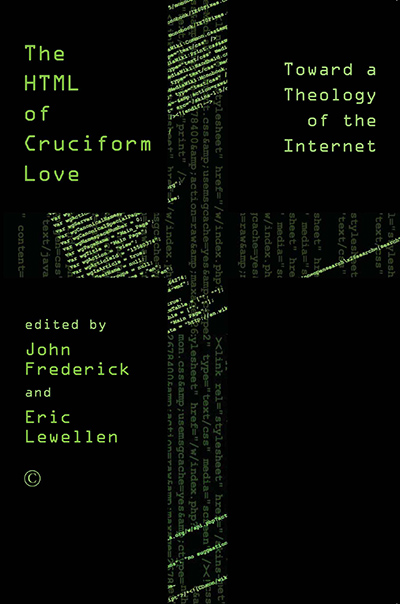Description
Basilio Petrà sees Christos Yannaras (b. 1935) as a philosopher and theologian whose refiguring, on the one hand, of Heidegger’s refusal to define being in ontic terms and, on the other, of Wittgenstein’s willingness to admit the inexpressible character of the mystical has led him to articulate a powerful vision of true human existence. This bold interpretation outlines the passage from an ontic ‘mode of nature’ governed by necessity to a ‘mode of self-transcendence and self-offering’ beyond the limitations of decay and death.
In his native Greece, Yannaras revolutionised the way theology had been done for much of the twentieth century. This book examines the trajectory of Yannaras’ thought from his initial encounter with Heidegger’s philosophy to his formulation (via the tradition of the Greek Fathers) of a modern critical ontology. It is for both advanced students of philosophy and the growing scholarly audience interested in Yannaras’ work. Written in accessible language that does not compromise intellectual rigour, it is the only survey of the development of Yannaras’ philosophical thought as a whole.
About the Author
Basilio Petrà is a Roman Catholic priest born in 1946 to Greek parents from Rhodes. He holds a doctorate in philosophy from the University of Florence and a doctorate in theology from the Lateran University of Rome. The author of more than twenty books (in Italian) on patristic and modern theology, he is Professor of Moral Theology and of the Ethics of Marriage at the Theological School of Central Italy (Florence) and Visiting Professor of Greek Patristic Moral Theology at the Lateran University.
Norman Russell is an Orthodox translator and patristic scholar of partial Greek descent. He holds a doctorate from the University of Oxford and is an Honorary Research Fellow of St Stephen’s House of the same university. His publications include Metaphysics as a Personal Adventure: Christos Yannaras in Conversation with Norman Russell (2017) and Gregory Palamas and the Making of Palamism in the Modern Age (2019).
Contents
Introduction
Chapter I: The Discovery of Russian Orthodoxy: the West as a Problem
1. From Orthodox Pietism to the Discovery of Personalism and Russian Orthodoxy
2. Dostoevsky’s Criticism of the West and the Mission of Orthodoxy
Chapter II: The Encounter with Heidegger and the Ontological Hermeneutic of the West: the Way of Apophaticism
1. Heidegger and the Nihilistic Outcome of Western Metaphysics: the Way beyond Nihilism; Eastern Apophaticism
2. Yannaras’ ‘Conversion to Ontology’ and the Discovery of the Ontological Difference with the West: the Rediscovery of ‘Greek Metaphysics’ and Its Connection with Apophaticism
3. Eastern Apophaticism and Orthodox Apologetics: the Gnoseological Topicality of Apophaticism and Its Iconological Character
Chapter III: From the Personalist Ontology of the Fathers to a Critical Ontology: between Theology and Philosophy
1. Person and Eros: a Theological Essay in Post-Heideggarian Ontology
2. A Hermeneutic Interval
3. The Philosophical Elaboration of a ‘Critical Ontology’: the Possibility of an ‘Apophatic Rationalism’; the Social Fruitfulness of Apophaticism
4. Propositions of a Critical Ontology: a ‘Revisionist Empiricism’
Chapter IV: The Development of Reflection on Critical Ontology
1. From Person and Eros to What Can Be Said and What Cannot Be Said: the Second ‘Fundamental Stage’ in Yannaras’ Thought
2. Relational Ontology
Chapter V: Ontology and Salvation
1. Introductory Considerations
1. Threskeiopoiese: Religion and the Ontological Distortion of Christianity
1. Against Religion: Natural Religion, the Religious Transformation of Christianity and the Reshaping of the Church
Epilogue
Christos Yannaras: The Communal Verification of Knowledge
1. The Genesis of Critical Thought
2. Truth as Mode
3. Correct Thinking (Orthos Dianoeisthai) through Correctly Sharing in Common (Orthos Koinonein)
4. A Shared Empiricism
5. Symbol
6. Apophaticism
7. The Historical Eclipse of Apophaticism
8. The Embodiment of Apophaticism in a Culture
9. The Counterfeiting of the Ancient Greek Enterprise
10. Gnoseology Differentiates Cultures
Bibliography
Index
Endorsements and Reviews
By testifying to the superabundance of God incarnate and of the Trinity, apophaticism is the seal of a theological and philosophical reflection that, faithful to classical metaphysics, does not retreat from claiming the value of ontology: theology is actually a theory of being as Trinitarian Mystery. Christos Yannaras proposes a critical reflection on the Church and on its historical forms, that are always inadequate as compared to the free breath of the Spirit.
Giacomo Canobbio, Faculty of Theology of Northern Italy
Christos Yannaras defies categorisation and his critical ontology blurs the boundaries between theology and philosophy. Basilio Petrà provides an entry into the mind of this complicated thinker by offering a remarkably clear analysis both of the chronological development and of the coherence of Yannaras’s wide-ranging thought on philosophy, theology, history, culture, art, and language. This book not only contributes to the growing literature on contemporary Orthodox theology, but introduces the reader to one of the most innovative intellectuals of our time.
Aristotle Papanikolaou, Professor of Theology, Fordham University, Co-founding Director, Orthodox Christian Studies Center
This book is a particularly welcome addition to the secondary literature of Yannaras, and it is truly successful as the first ever extensive introduction to the whole spectrum of his thought.
Dr Solitris Mitralexis, in Sobornost Journal





